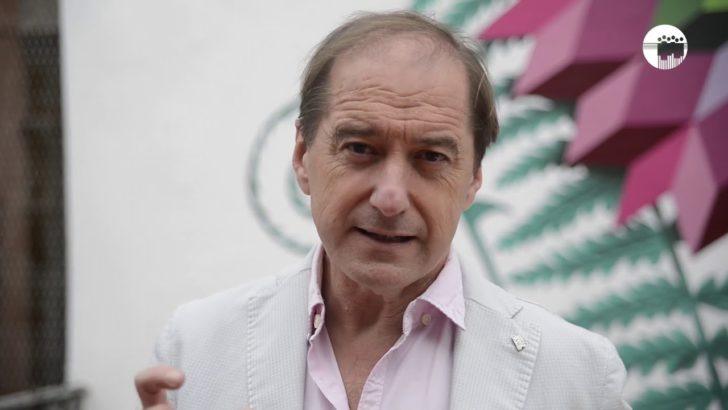The regional gathering entitled “Strategies for interdisciplinary work in cases of human rights violations” took place on November 1-2 at CELS. Participants shared their experiences regarding violations committed in dictatorship and in democracy, in Argentina, Brazil, Colombia, Guatemala, Mexico and Venezuela.
Carlos Beristain, a specialist in psychosocial reparation of victims in Latin America, participated in the gathering. Carlos is currently a member of the Truth Commission in Colombia and he formed part of the Interdisciplinary Group of Independent Experts (GIEI), which investigated the disappearance of the 43 students from Ayotzinapa, Mexico. He sustains that, while it is impossible to fully remedy violations such as extrajudicial executions, enforced disappearances or torture, there are measures that can be taken to help victims.
Such reparation measures must reflect the specific desires and needs of victims and/or their relatives, so they may process their loss. Judicial rulings have the potential to help victims, depending on their experiences along the way, their objectives and the support provided to them. It is also important that state-led measures incorporate specific criteria to ensure they cannot be implemented in a merely formal way.
Judicial bodies and other state entities often end up revictimizing people due to their own administrative processes. At the regional gathering, these practices were discussed along with the centrality of the voice of the person seeking justice. Participants also reflected on how to conclude psycholegal support processes since they have their own timing and do not necessarily end with a judicial ruling or the fulfillment of reparation measures.
CELS has been developing this psycholegal work from the time of its founding and we prepared a special document for the regional gathering, which was held in the framework of the project “The fight against torture and ill-treatment in Argentina: promoting policies for prevention, accountability and rehabilitation of victims,” financed by the European Union.

